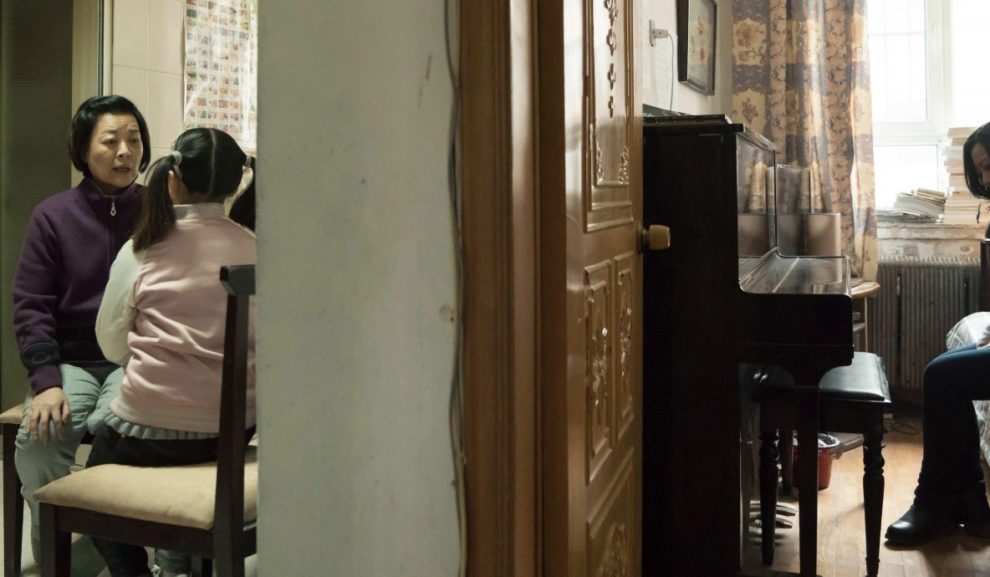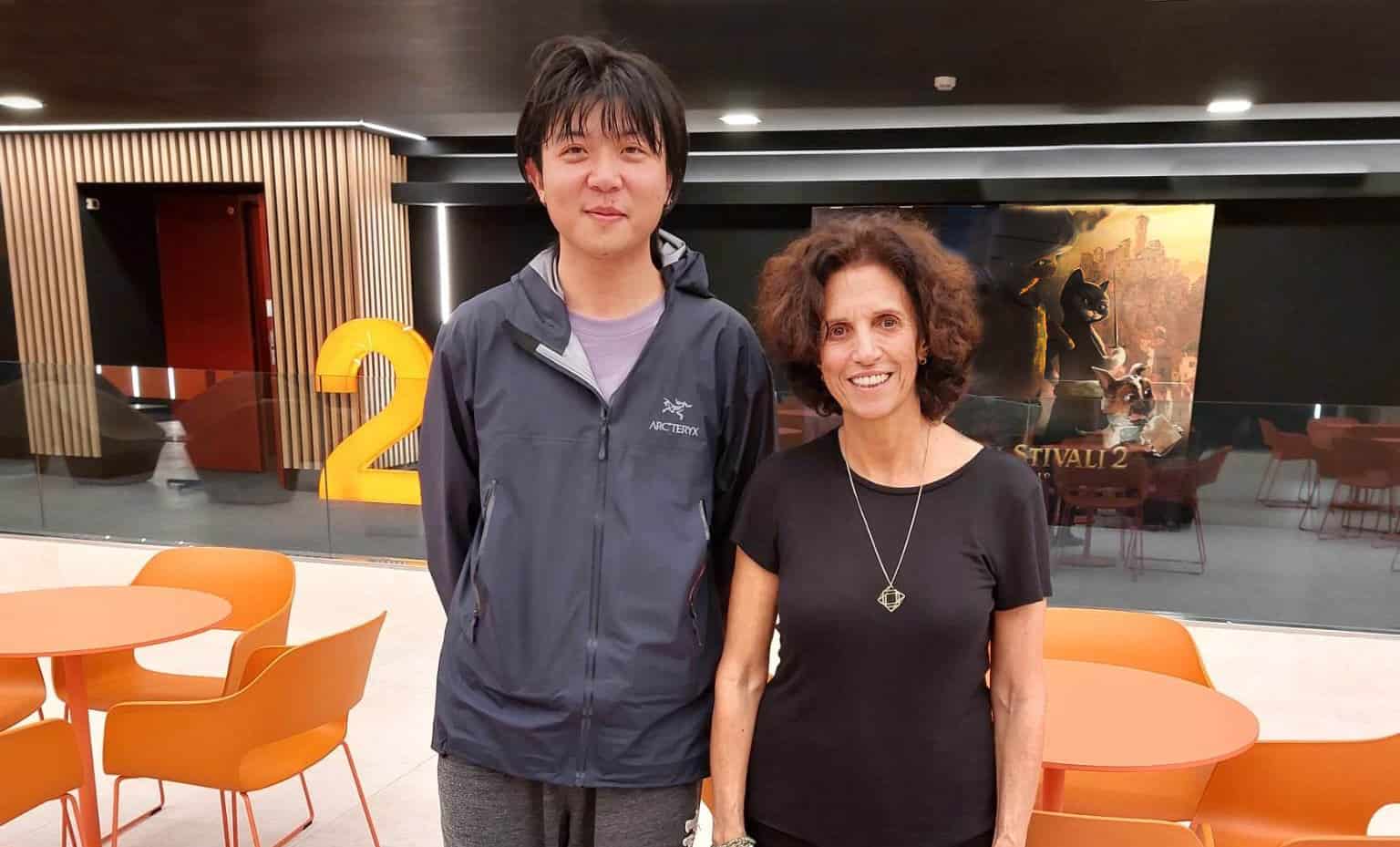by Federica Giampaolo
Mother-daughter relationships are complex and diverse, depending on society and culture, but cinema plays a major role in embodying the key aspects and feelings globally shared. Especially where family is deeply ingrained, like in Chinese culture, their bond is portrayed as a vital aspect of their life. The biggest clash concerns the lack of balance between traditional values and modern beliefs, but their mutual, unconditional love and shared trauma hold them together. Despite the challenges, some may continue to rely on and support each other through thick and thin. For them, their roles as mothers and daughters are essential parts of their identity, even when they don't want them to be.
But the Chinese culture has strict norms and expectations for women, and these expectations can often lead to conflict and tension not only between two different generations but within same generations also. The dynamics between these women are, in fact, even more intricate, particularly through a female point of view, which may result in a more intimate piece. Here, we will suggest four female-directed movies that convey the challenges and feelings that characterize these relationships.
Girls Always Happy (2018) by Yang Mingming
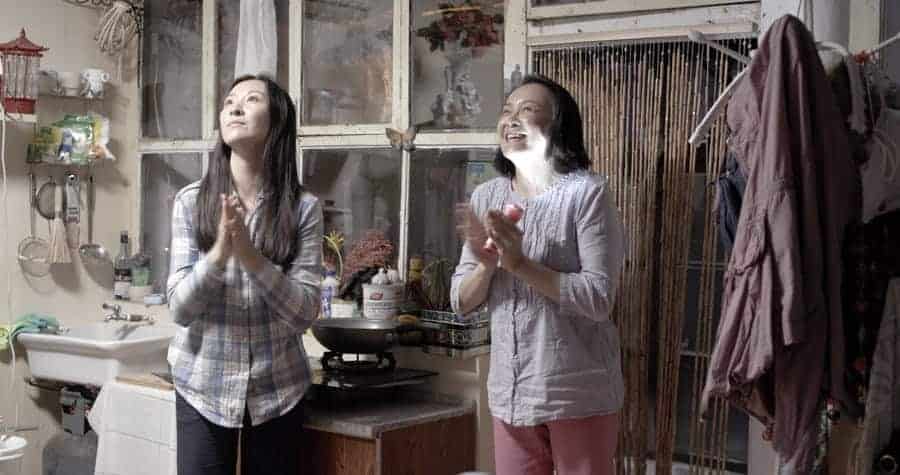
Yang Mingming's debut film depicts the reality and daily life of female family bonding in a wacky but touching way. “Girls Always Happy” uses wit and sincerity to tell a story about creative work, single women in Chinese society, and finding one's place in it. The actresses give convincing performances as complex, multi-faceted and neurotic individuals that bicker all the time but can't live apart.
Wu (Director Yang), a young woman in her late twenties, lives with her mother (Nai An) in this cluttered hutong, but she's overbearing and often critical of Wu, who deliberately provokes her in return. As they only seem to calm down during meals, the movie is split into chapters named after food, which perfectly recall a comforting family environment. The movie is funny and uplifting, with unconventional angles adding to its realistic flavor.
As the title implies, the main characters are happy-go-lucky women who enjoy food and life. They find intimacy in sharing meals and secrets, whose similar nature lets the viewer understand how one's persona may not really be so incompatible with their mother's. As the story goes on, thanks to each other they find more about themselves and find reassurance in those dreams they had to put aside due to societal expectations. “Girls Always Happy” is the perfect watch to comprehend the deep understanding and bonding that daughters and mothers experience together during rocky situations.
Spring Tide (2019) by Yang Lina
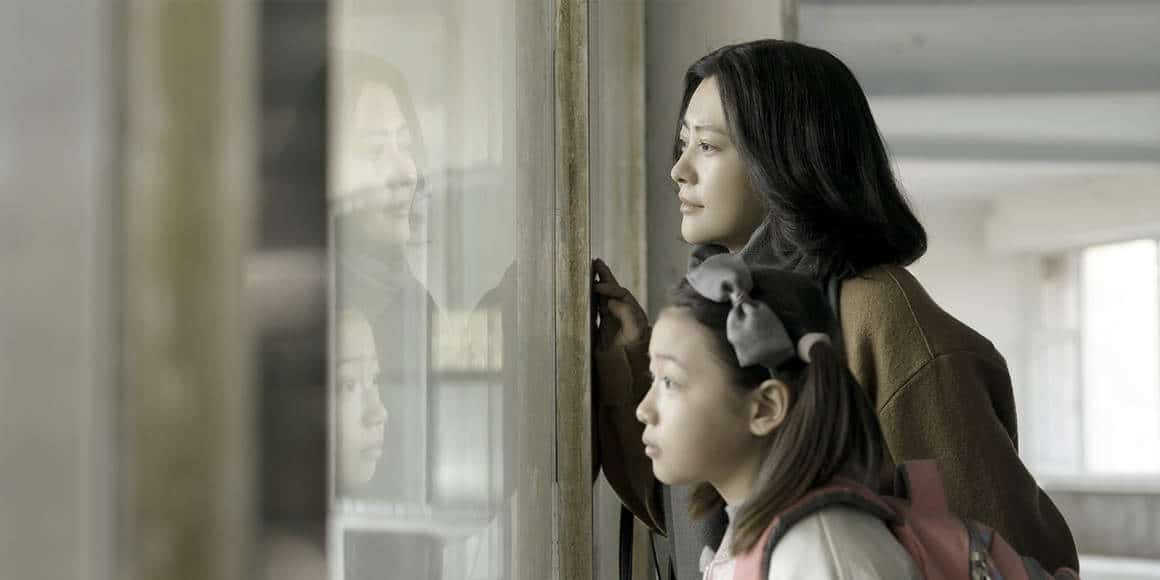
A house that trembles with every quarrel, while their universe becomes a never-ending rage. Guo Jianbo (Hao Lei) is a journalist living with her mother, Ji Minglan (Jin Elaine), and her daughter Wanting (Qu Junxi). Three generations combined in a tiny space do not ensure a tranquil environment but uncover a contemplating atmosphere of anxiety trapped by tortuous and complicated feelings. Director Yang Lina shows how trauma is a hell of a beast, and how different experiences can damage family relationships.
Minglan pretends blind misery, and such misery acts like a shadow to create feelings of empathy while hiding selfishness that causes violent reactions. Jianbo's feelings struggle with the ones of the mother, and she inevitably suppresses them to not cause drama at home, while the young child must face problems that are way too big and complex for her to deal with in the first place.
Here, the conventional maternal role is shattered as significant family traumas come to light through the film and, by doing so, “Spring Tide” manages to convey various themes of hardships lived differently through different eyes. Not receiving comfort from those who should give it to them, the characters find themselves facing their moments of stress and need alone.
The Old Town Girls (2020) by Shen Yu
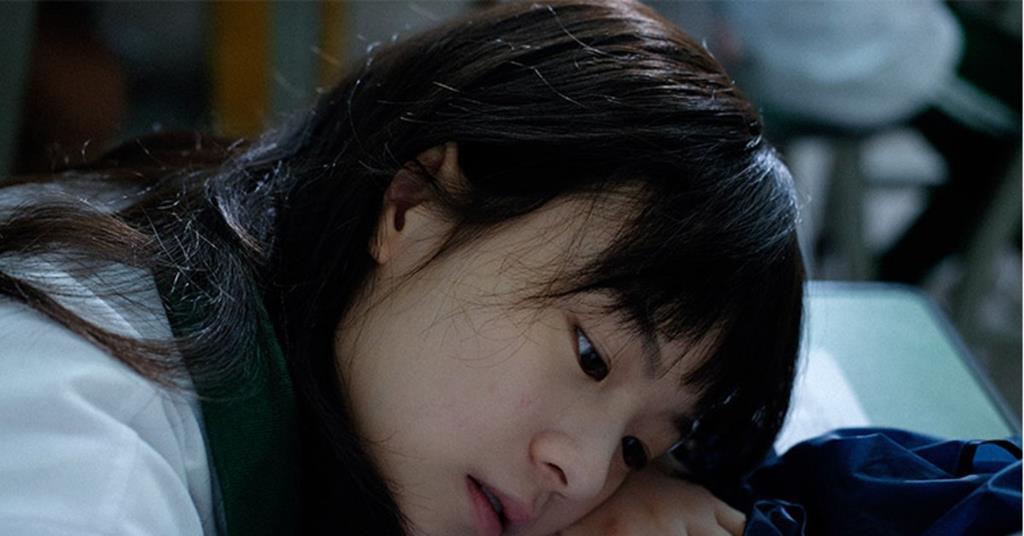
“Old Town Girls” is a neo-noir film set in a dilapidated industrial town in Sichuan, China, following a shy teenager, Shui Qing (Li Gengxi), and her estranged mother Qu Ting (Wen Qiang). In her debut film, director Shen Yu captures the youthful hopes and illusions of young women while contrasting society's decay and expectations. The movie depicts violence as a headless creature that's indiscriminate, with the ability to make monsters of us all.
Longing for the parent who abandoned her, Shui Qing sees her through an idealized image of a strong-willed woman, someone free and unreachable whom she strives to become or get close to. Like the teenager she is, she'd like someone to rely on, or that could guide her, and who, if not her own mother? But she soon finds out such parent is flawed, and especially, not who she thinks she is. Moments like this let us viewers question everything about our own family, our mother figures and inevitably ourselves, too.
“The Old Town Girls” is a typically flawed debut movie, but nonetheless eloquently depicts the clash between ideas and reality. A broken teenage dream that fails to pick up its pieces and shamelessly fails to find solace in a seemingly mother figure. Its guts and sensibility certainly embody the suggested theme in an understandable manner, despite the brutal misadventures at its core.
Hi, Mom (2021) by Jia Ling

Compared to the other cited films, “Hi, Mom” puts the mother-daughter relationship in a different light based on mutual understanding, sacrifice and, why not, filial piety. Despite being a minor player in the film scene, this is a heart-warming Chinese story that has quickly become a box office hit, whose popularity and likability are ensured due to its commercial content and style.
The film follows Xiaoling (Jia Ling), an ordinary girl who never managed to make her mother Ying proud (Liu Jia). Xiaoling always felt like a disappointment to her, as she doesn't reflect the conventionally perfect Chinese daughter, and perceives the time she spends with Ying as a source of stress and fights. One day, they're both involved in a terrible accident, and Ying is fatally injured. On her deathbed, Xiaoling is propelled through the sky to the year 1981, where she'll meet the young version of her mother. During this adventure, she'll realize what dreams and hardships Ying endured during her youth. And, finally, she'll be able to see her from a different perspective: a girl with big dreams who worked hard to pursue her and her family's happiness.
Jia Ling drew inspiration from her own mother's death to create this film, making it a very personal project. The nostalgia factor is one of the reasons that “Hi, Mom” was such a success, and its characters and feelings are extremely relatable, especially for cultures that put family values at the forefront.
Growing up, we must face harsh truths about our lives and the environment surrounding us. The relationships and the people we know end up not reflecting all the expectations and idealized images we had of them. Sometimes, these images clash, unveiling conflicting and saddening realities, or they could, instead, change our perceptions for the better.
At one moment in their lives, young girls and women must face that their mothers, or their idea of one, who play significant roles in their world, do not coincide with their past and persona. Consequently, that'll act as a big reality check, thanks to which they may find out they have more in common with their mother figures than they think, and if not, they'll realize what big influence they had in their life. Especially, they could come to terms with how they transformed their idea on how mothers, daughters and women should act and be in society. And, undoubtedly, Chinese cinema manages to convey such experiences, especially through the female gaze.


